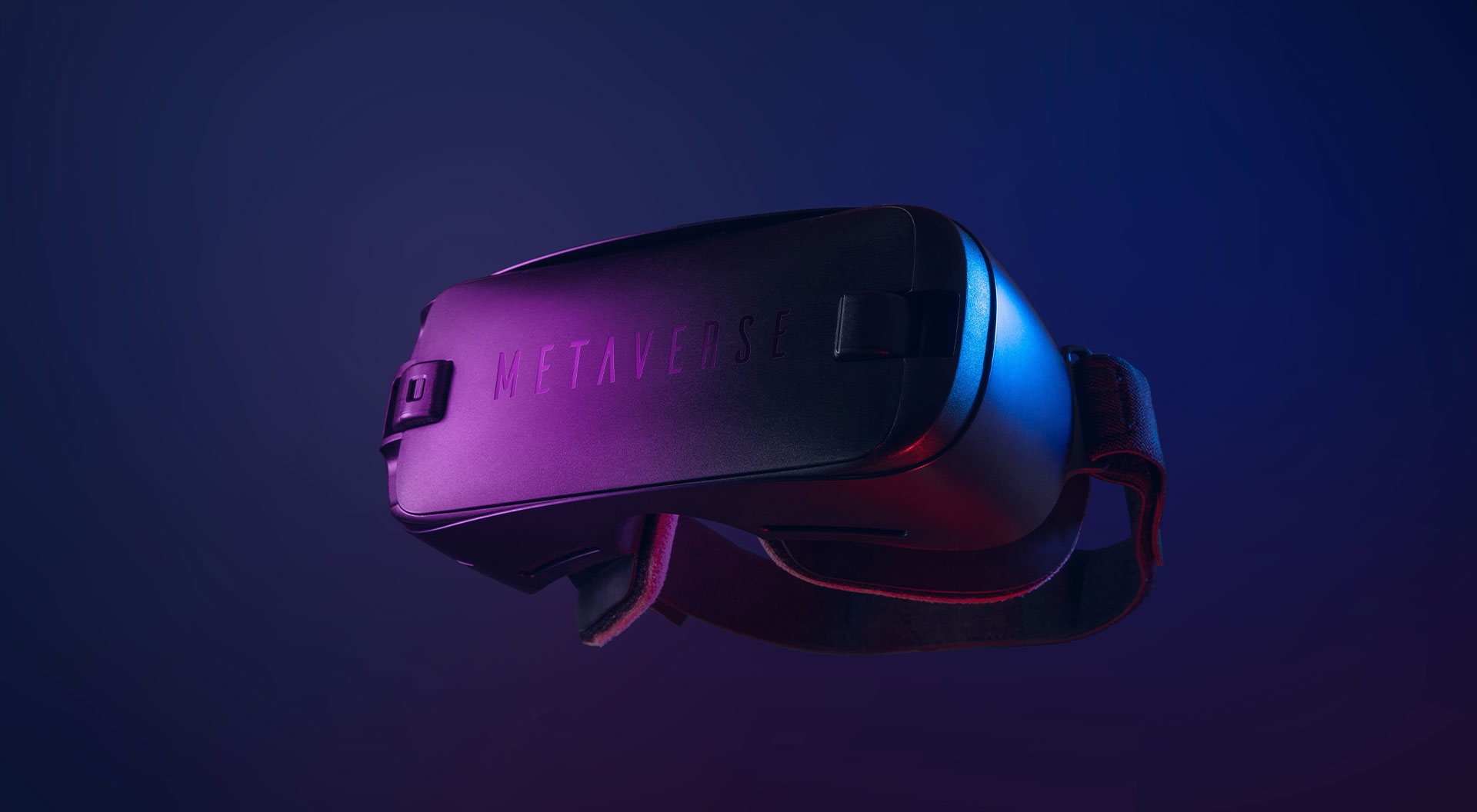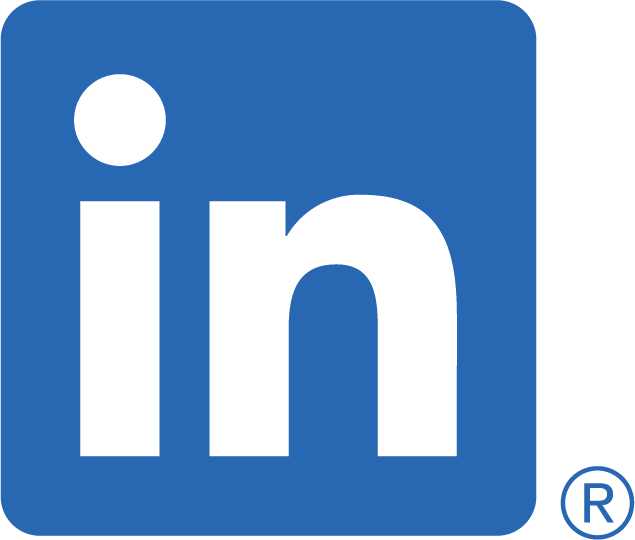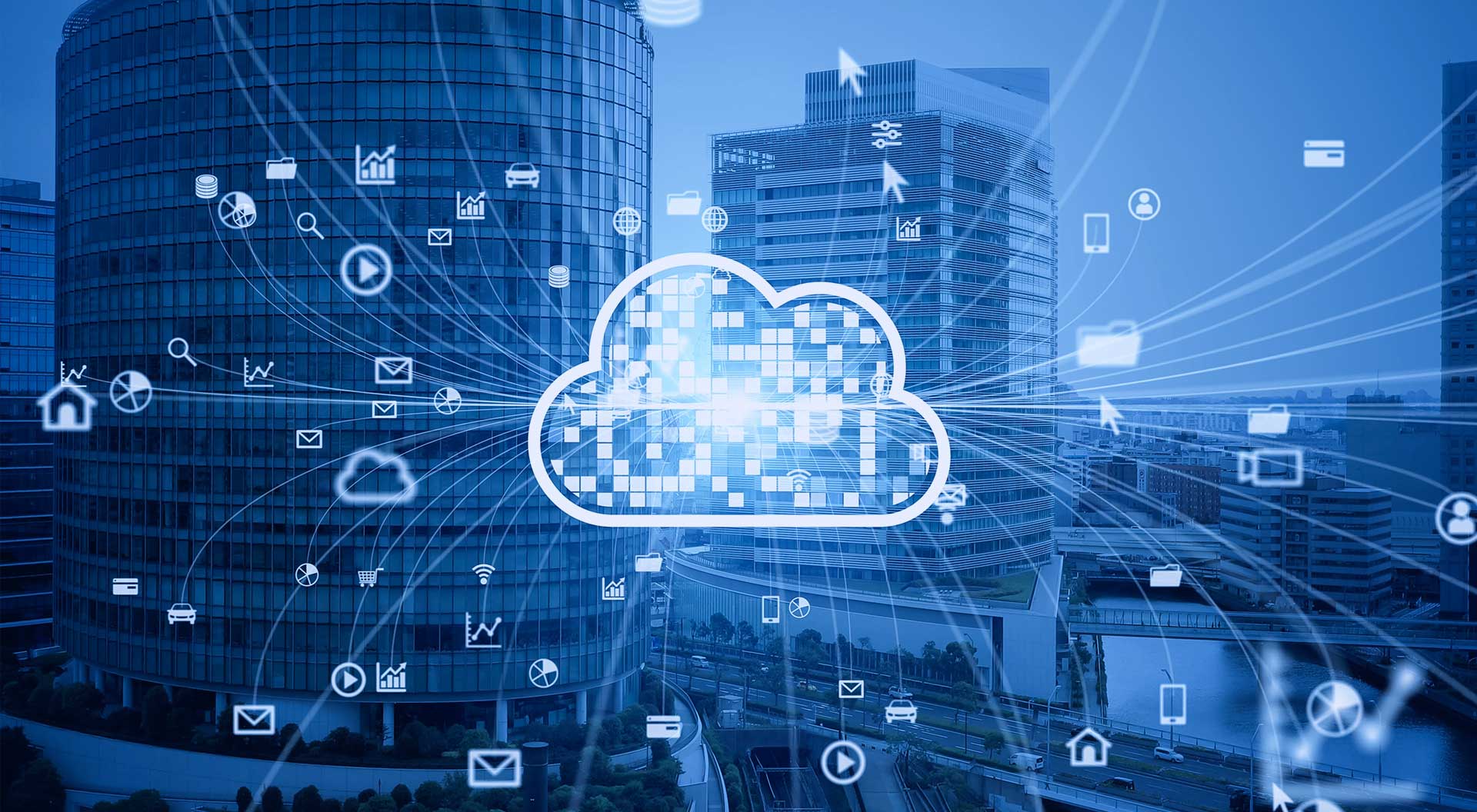Is Metaverse Changing the Future of Work?
Blog

istock.com/Iryna Dincer
11 June 2022
By Varun Sarin
The metaverse will transform the way you work. How many times have you already heard this sentence? While companies and leaders around the world are scrambling to arm themselves with the knowledge and tools to prepare for the future of work, it is also important to pause and understand the very real impact of this virtual world on consumers, businesses, and social interactions and experiences.
The fundamental idea of the metaverse is not new. For decades, people have expected a virtual universe to be a part of reality. In its most rudimentary form, the metaverse can be described as a virtual universe where one can build social connections. Imagine a world where you can travel, shop, buy real estate, and also host experiential client meetings albeit virtually. This is but a glimpse of what life in the metaverse can look like. While still in its nascent stages, this world envisioned by tech visionaries like Mark Zuckerberg and Bill Gates is set to take the world by storm. Recent reports suggest that the metaverse market is predicted to reach $800 billion by 2025 and grow to $2.5 trillion by 2030.
Key industries riding the metaverse wave for consumers:
- Real-estate: Real-estate companies can leverage the metaverse to bring together the physical and virtual world. By doing so, they can empower consumers to buy, sell, and trade virtual properties mapped to real addresses, boosting the ownership of digital assets using blockchain-based digital currencies.
- Education: One of the industries at the forefront of this new metaverse-powered future is the education industry. Last year, Facebook announced its partnership with Coursera to enable interactive learning experiences and develop an AR curriculum for students across the globe.
- Retail: In retail, companies can offer their consumers more interactive in-store experiences. Try-and-buy will take on a new meaning powered by AR and VR. Consumers will have the option of exploring new brands while enjoying safe payment options integrated in a fully-fledged 3D shopping experience.
More and more industries are joining the metaverse bandwagon. Recently, Meta (formerly Facebook) announced a partnership with a leading VC fund in India to upskill and scale young, invested businesses by providing them with timely business skilling support.
Metaverse and the workplace
Contrary to most speculations, the primary aim of the metaverse is not to offer multiple choices in work locations and business meetings. No doubt, this element is an exciting novelty, but it is not at the core of the value offered. The metaverse promises the possibility of truly borderless, collaborative work. Over the last two years, with remote and hybrid work becoming the norm, business leaders around the world have had to come up with unique ways to enhance the employee experience. At the same time, companies also have the additional and essential task of keeping up with fast-changing consumer behaviors. Given the dynamic nature of the business environment today, there is a growing need for creating immersive and personalized experiences for everyone involved and impacted by a business.
The metaverse is full of opportunities to do exactly that. For employees, it translates into a centralized digital work environment that removes the complexities accompanying remote collaboration and virtual work. It will also prove to be a game-changer for scouting talent – expanding the scope of potential candidates to anywhere in the world while also bridging the innovation, interpersonal relationships, and practical gaps created by remote work. It is also important to consider how organizational culture might be impacted in the metaverse. It remains to be seen how workplace boundaries will be affected, how will our digital identities shape workplace interactions and what effect will they have on offline engagements.
The metaverse is expected to bring together people from all over the world. On one hand, this can seem like a boon for boosting diversity and inclusion. On the other, multiple digital avatars in a virtual world can also threaten workplace discipline. Strong universal laws and internal codes of conduct will have to be defined and implemented by HR and business leaders to ensure that a work environment, no matter how vivid and immersive, remains safe for everyone.
What can leaders do to make the most of the metaverse?
It is too early to say with certainty the extent to which this digital/ virtual universe will disrupt work and business. But if past disruptions are anything to go by, business leaders must be open to hitting and missing. Finding the right balance between risk and rewards will be essential. The following might be helpful:
- Adopt a curious and open approach to the metaverse
- Set up a team of specialized individuals to research, track, and analyze new trends and use cases
- Gain first-hand experience of the metaverse. Find out how and if it serves your company
- Experiment! Get ready for testing products or experiences for a small target group
- Involve all business leaders in strengthening digital infrastructure, capabilities, and a niche strategy
- Take immediate but careful steps into this novel universe and prepare with data privacy, security, workplace safety, and anti-fraud/ risk prevention skills
Preparing for what’s next
Beyond gaming and novel user experiences, the metaverse holds a world of opportunities for businesses and people across the globe. As exciting as this change is, there are also multiple challenges and factors that will reveal themselves once this new normal comes to life. Before jumping headfirst into this virtual world, companies must ask themselves how their business and consumers would benefit from the transition.








